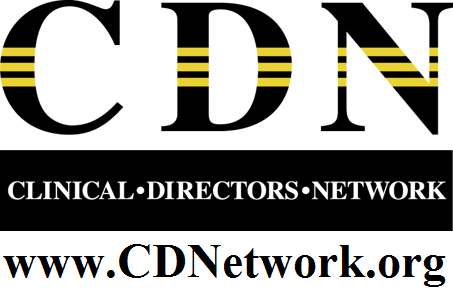The Role of Community Health Centers as Public Health Emergency First Responders: One Year Into the COVID-19 Pandemic

Sara Rosenbaum, J.D.
Harold and Jane Hirsh Professor of Health Law and Policy
Founding Chair of the Department of Health Policy
Milken Institute School of Public Health
George Washington University

Jessica Sharac, PhD, MSc, MPH
Research Scientist
Assistant Research Director
Geiger Gibson Program in Community Health Policy
George Washington University

Peter Shin, PhD, MPH
Associate Professor
Milken Institute School of Public Health
George Washington University

Feygele Jacobs, DrPH, MS, MPH (Moderator)
President & CEO
RCHN Community Health Foundation
Session Summary:
The nation’s community health centers have long played a crucial role as public health first responders, but never have they been asked to serve on such a large scale. One year into the COVID-19 pandemic, this webinar will address how the COVID-19 emergency has affected community health centers and explore the crucial role played by health centers in achieving the goal of health equity in emergency response – a role so central, that the Biden administration immediately identified community health centers as essential to its sweeping American Rescue Plan (ARP). Presenters will discuss what the data tell us about the impact of the pandemic on community health center operations, staffing and finances, and the indispensable role of community health centers in the hardest-hit and most at-risk communities in providing COVID-19 testing, treatment, and vaccinations. Presenters also will discuss the ARP’s investment in both people and the health care safety net, along with the implications for health centers as full-scale implementation moves forward.
Original Air Date: April 27, 2021, 12:30-2:00pm EDT
1.5 Credits
Click Here to View
Medicaid Delivery and Payment Reform: Experience of MA and NY Community Health Centers

Sara Rosenbaum, J.D.
Harold and Jane Hirsh Professor of Health Law and Policy, Milken Institute SPH,
The George Washington University

Vikki Wachino, MPP
Principal Viaduct Consulting

Rose Duhan, MPH
President and CEO
Community Health Care Association of New York State

Kaitlin McColgan
Vice President,
Government Affairs & Public Policy, Massachusetts League of Community Health Centers

Feygele Jacobs, DrPH (Moderator)
President & CEO,
RCHN Community Health Foundation
Session Summary:
Massachusetts and New York are national leaders in delivery and payment reform. This session will provide an overview of MA and NY Medicaid delivery system and payment reform demonstrations, focused on community health center and primary care association participation, experience and leadership. The speakers will offer findings from a recent in-depth study and provide insights for other states and national policymakers involved in the effort to attain deep and lasting health care delivery transformation.
Original Air Date: April 25, 2019, 2:00-3:30pm EDT
1.5 Credits
Click Here to View
Community Health Centers and Family Planning in an Era of Policy Uncertainty

Alina Salganicoff, Ph.D.
Vice President & Director, Women’s Health Policy, Kaiser Family Foundation
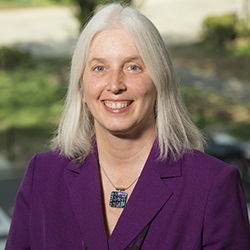
Susan F. Wood, Ph.D.
Professor of Health Policy & Management and of Environmental & Occupational Health, and Director of the Jacobs Institute of Women’s Health, Milken Institute School of Public Health, the George Washington University
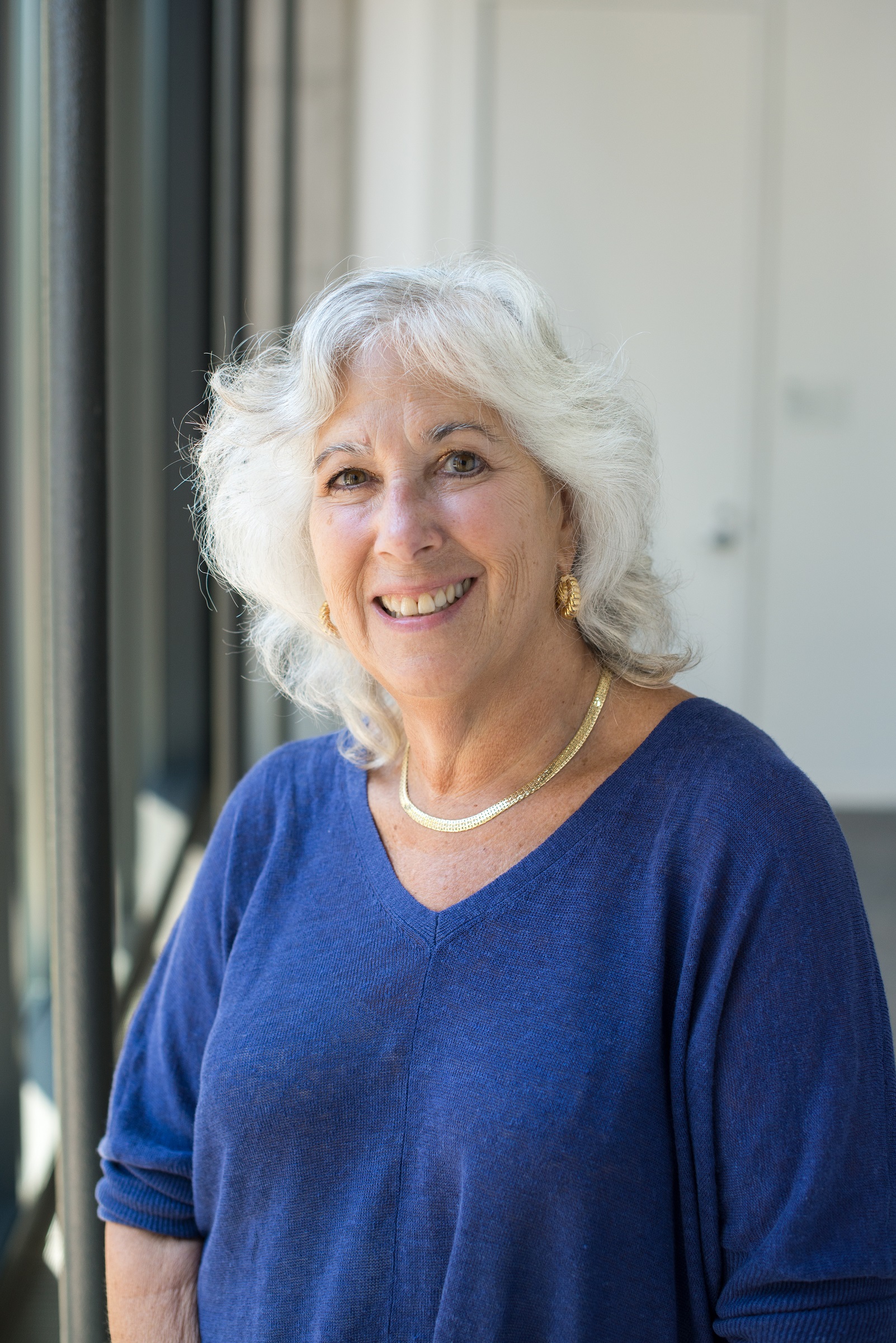
Sara Rosenbaum, J.D.
Harold and Jane Hirsh Professor of Health Law and Policy, Milken Institute School of Public Health, the George Washington University

Warria Esmond, M.D.
Chief Medical Officer, Settlement Health
(New York)

Feygele Jacobs, DrPH (Moderator)
President & CEO, RCHN Community Health Foundation
Session Summary:
A recent study from the Kaiser Family Foundation (KFF) provides an update and comprehensive look at the provision of reproductive health care to low-income women by community health centers.
This webcast will feature study co-authors from KFF and the Department of Health Policy at The George Washington University’s Milken Institute School of Public Health, along with clinical experts, who will address the study findings on the availability of family planning services at community health centers and discuss implications for policy and financing as well as improving quality and access to care.
Original Air Date: April 30, 2018, 2:00-3:45pm EDT
1.25 Credits
Click Here to View
Outreach and Enrollment Projects: Sharing Strategies and Outcomes
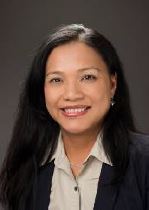
Thu Quach, PhD, MPH
Director of Community Health and Research,
Asian Health Services

Lane Jacobs, MPA, CPHQ
Outreach Program Manager
Missouri Primary Care Association

Darcy Shargo, MFA
Chief Operating Officer
Maine Primary Care Association

Jeb Murphy, MA
Director of Communications & Data Coordination
Maine Primary Care Association

Ashley Mills
OutreachProgram Coordinator
Maine Primary Care Association
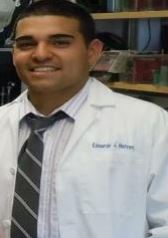
Eduardo Herrera, CCHW, CAC
Coordinator for Outreach & Enrollment Programs,
Community Health of South Florida, Inc.

Lisa Olson, MSW
Director of Policy and Programs
Wisconsin Primary Health Care Association

Antonio Pagán, LMSW
Senior Director of Planning
Morris Heights Health Center
Session Summary:
The RCHN Community Health Foundation launched an outreach and enrollment initiative in 2013, to support community health centers and primary care associations in developing, implementing, and enhancing outreach and enrollment efforts through the use of technology, training, and/or development of best practices.
This webinar will feature the Foundation’s six outreach and enrollment initiative grantees, who will provide updates on their projects. Speakers will address training strategies, staff development, technology, creation of outreach materials, relationship building with community organizations, and other methods to enhance health insurance enrollment and retention of coverage.
Original Air Date: June 29, 2014, 2:30-4:00pm EDT
1.5 Credits
Click Here to View
CHC Entry-Level Workforce Projects: Lessons Learned

Presenters:
Michael Funderburk
Human Resources Specialist
CareSouth Carolina, Inc, Hartsville, SC

Todd Shifflet
Director of Community Development
CareSouth Carolina, Inc., Hartsville, SC

Enedina Marquez
Front End Operations Manager
Finger Lakes Community Health, Penn Yan, NY

Stephanie Gould
Director- Human Resources & Organizational Improvement
One World Community Health Centers, Inc., Omaha, NE
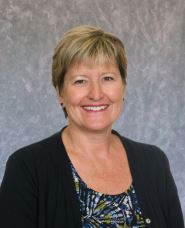
Nancy J. Johnson, RN, PhD
Chief Operating Officer, El Rio Community Health Center, Tucson, AZ
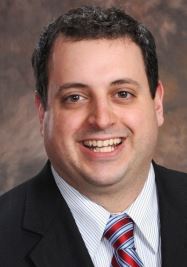
Jason Patnosh
Associate V.P., National Association of Community Health Centers (NACHC)
National Director- Community HealthCorps, Washington, D.C.

Rebecca Tamayo
Operations Director- Human Resources & Organizational Improvement
One World Community Health Centers, Inc., Omaha, NE

Teri Brogdon
Education & Training Design Director
Salud Family Health Centers, Inc., Fort Lupton, CO
Session Summary:
The Affordable Care Act is driving an increase in demand for health care workers across the professions and at all levels. In 2012 the RCHN Community Health Foundation launched its Workforce Initiative aimed at helping CHCs to identify and address the challenges of recruiting, training and retaining a highly skilled entry-level workforce in this new, complex environment. Our objectives were to support CHCs in growth and transformation efforts, implement and evaluate strategies to embed workforce talent and capability, and optimize the ability of CHCs to serve as high quality and high-performing medical homes.This webinar takes a look back with five of the Foundation’s 2013 grantees who will provide an update on their unique projects addressing recruitment, training and retention of entry-level staff at community health centers across the country. Jason Patnosh of NACHC discusses related efforts to expand and strengthen the Community HealthCorps program as a health center career pipeline.
Original Air Date: May 12, 2014, 3:00-4:30pm EDT
1.5 Prescribed credits
Click Here to View
Strengthening Immigrants’ Health Access: Current Opportunities
Presenters:
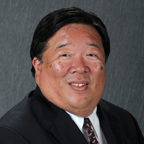
Leighton Ku, PhD, MPH, Professor, Dept. of Health Policy, Director, Center for Health Policy Research, School of Public Health and Health Services, George Washington University
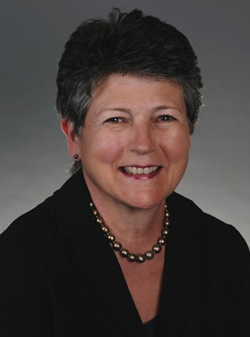
Elizabeth H. Swain, MA, President & Chief Executive Officer, Community Health Care Association of New York State
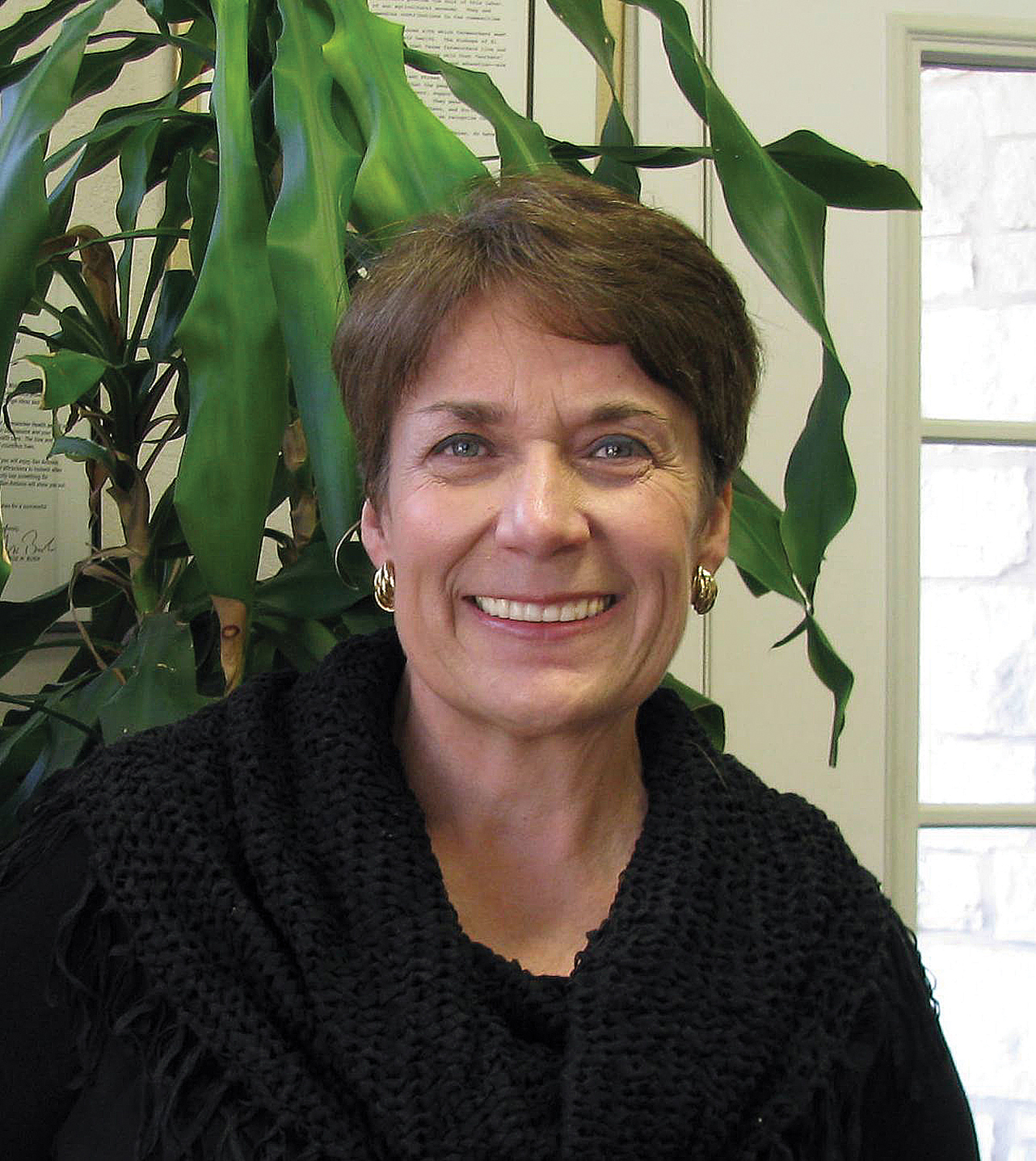
Bobbi Ryder
President & Chief Executive Officer
National Center for Farmworker Health, Inc.
Session Summary:
While the Affordable Care Act (ACA) does not expand access to health insurance for undocumented immigrants, it may pave the way to health care coverage for as many as six million legal immigrants who have had trouble obtaining insurance, and may begin to close the coverage gap between immigrants and native-born adults. First, legal immigrants who do not have health insurance will be able to sign up for coverage through the new on-line exchanges, and may also qualify for federal tax credits that will make a health plan more affordable. In addition, many lawfully present immigrants will also become eligible for Medicaid under the ACA reforms.Dr. Leighton Ku, author of the policy brief “Strengthening Immigrants’ Health Access: Current Opportunities,” will outline both the opportunities and obligations that federal health reform law will bring to lawfully present immigrants, who have obtained green cards or visas allowing them to work, study and live in the United States. Dr. Ku is Professor, Dept. of Health Policy and Director, Center for Health Policy Research in the School of Public Health and Health Services, George Washington University. State-specific experience and commentary on immigrant insurance coverage and health care access will be provided by Elizabeth Swain, President & Chief Executive Officer, Community Health Care Association of New York State, and Bobbi Ryder President & CEO, National Center for Farmworker Health, Inc.
Original Air Date: Feb 6, 2014, 3:00-4:30pm EST
1.5 Prescribed credits
Click Here to View
Assessing the Potential Impact of the Affordable Care Act on Uninsured Community Health Center Patients: A Nationwide and State-by-State Analysis
Presenters:
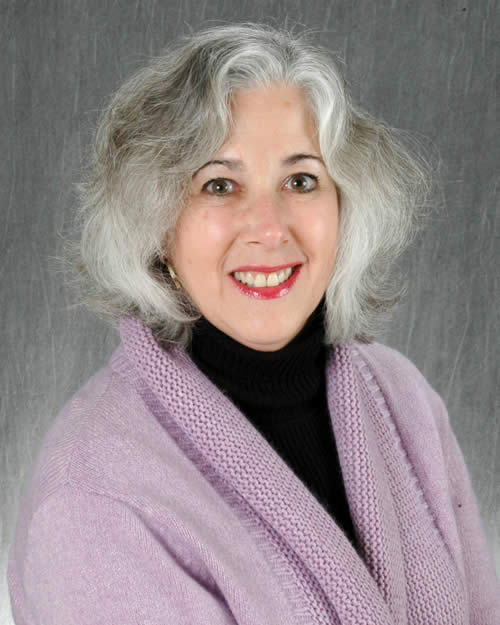
Sara Rosenbaum, J.D., Harold and Jane Hirsh Professor of Health Law and Policy, Interim – Chair of the Department of Global, Health, George Washington University School of Public Health and Health Services

Peter Shin, Ph.D., MPH, Associate Professor of Health Policy, Geiger Gibson/RCHN Community Health Foundation,
Research, Director, George Washington University School of Public Health and Health Services
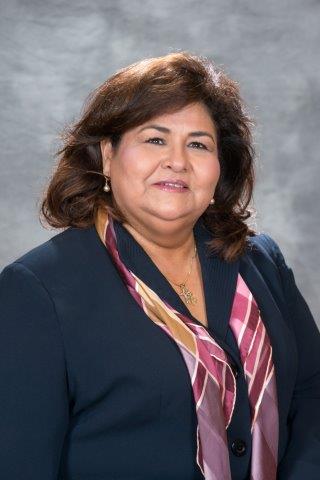
Rachel A. Gonzalez-Hanson, Chief Executive Officer
Community Health Development, Inc. (CHDI), Uvalde, Texas
Session Summary:
A new report from the Geiger Gibson/RCHN Community Health Foundation Research Collaborative examines the impact of health reform on community health centers and their patients. “Assessing the Potential Impact of the Affordable Care Act on Uninsured Community Health Center Patients: A Nationwide and State-by-State Analysis,” estimates that more than 5 million health center patients would have gained coverage had all states participated in a sweeping Medicaid expansion. However, with nearly half of all CHCs located in states that have opted out of the expansion, a million uninsured CHC patients who would have been covered under a nationwide expansion will likely be left without the protection of health insurance. Further, the health centers in these states stand to lose over $555 million in revenue they would have received had their states expanded Medicaid.Health centers in these opt-out states, many of which are located in the south, already face especially deep challenges as they continue to care for patients in the nation’s most medically underserved communities. States that have rejected the Medicaid expansion might reconsider and decide to expand coverage. In the near-term, however, health centers in these states can be expected to fall further behind those in expansion states, and struggle with more significant growth challenges, more limited service capacity, and more limited ability to invest in those important programs and systems that improve quality and efficiency.The archive of this webcast will be posted approximately Friday Nov 8, 2013. The archive will be available for free CME credit for a period of one year. For questions, please email eLearning@CDNetwork.org. You can read the new report – and our policy brief series – on the RCHN website. This webinar will include a presentation by the authors and discussion and commentary on the findings.Original Air Date: Nov 7, 2013, 4:00-5:30pm EST
1.5 Prescribed credits
Click Here to View
Health Centers and Family Planning: Results of a Nationwide Study
Presenter:

Sara Rosenbaum, J.D.
Harold and Jane Hirsh Professor
Department of Health Policy
George Washington University
School of Public Health and Health Services
Presenter:
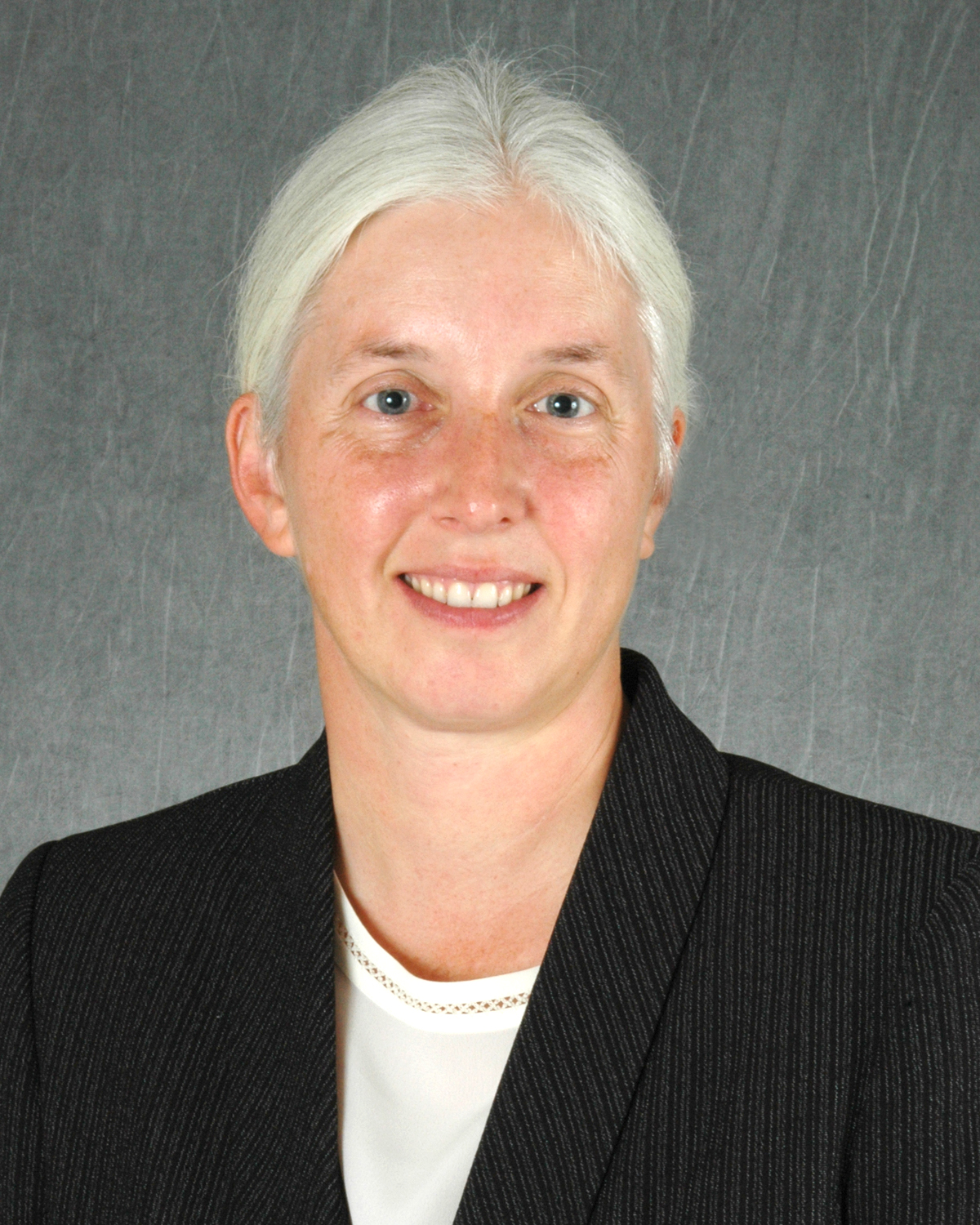
Susan F. Wood, Ph.D.
Associate Professor of Health Policy of Environmental and Occupational Health, Executive Director of Jacobs Institute of Women’s Health, George Washington University, School of Public Health and Health Services
Session Summary:
A new report by the George Washington University School of Public Health and Health Services (SPHHS) and the RCHN Community Health Foundation provides the first in-depth examination of the role of health centers in providing access to family planning services. “Health Centers and Family Planning: Results of a Nationwide Study,” is based on a comprehensive and systematic survey, supplemented by case studies. The lead authors will review key finding and recommendations from this important and timely analysis.
Orginal Air Date: May 2, 2013
1.0 Prescribed Credits (AAFP)
Click Here to View
Innovative CHC Approaches to Entry Level Workforce Trainings
Presenters:
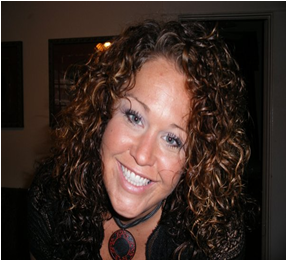
Jessica Payton Hunt
Director Aaron E. Henry Community Health Services Center, Inc., North Central AHEC

Betty K. Cheng, LCSW
Chief Operating Officer Charles B Wang Community Health Center

Maile Robidoux Castillo, MBA
Human Resources Director Seattle Indian Health Board

Peter Shin, PhD, MPH,
Associate Professor, Director Geiger Gibson Program in Community Health Policy, RCHN CHF Collaborative Research Director, Department of Health Policy, George Washington, University of Public Health and Health Services

Jennifer McBee
Director, Training & Development And Med Rec/Referrals, Penobscot Community Health Care
Session Summary:
In 2012, the RCHN Community Health Foundation launched a new grant initiative, aimed at helping CHCs to identify and address the challenges of recruiting and retaining a highly skilled entry–level workforce. Our objectives were to support CHCs in growth and transformation efforts, implement and evaluate strategies to embed workforce talent and capability, and optimize the ability of CHCs to serve as high quality and high-performing medical homes. With our first round of projects now complete, we’re pleased to present a project update and report on “Innovative CHC Approaches to Entry-LevelWorkforce Training.”
Original Air Date: April 16, 2012
1.5 Prescribed Credits (AAFP)
Click Here to View
Hospital Community Benefit Obligations: Implications for Health Centers and Communities
Presenters:

Sara Rosenbaum, J.D.
Harold and Jane Hirsh Professor of Health Law and Policy, Interim Chair of the Department of Global, Health, George Washington University School of Public Health and Health Services

Maureen Byrnes, M.P.A.
Lead Research Scientist,
George Washington University
School of Public Health and Health Services
Session Summary:
Community Benefit is an obligation of nonprofit hospitals to invest in the communities they serve beyond the provision of direct medical services. The Affordable Care Act calls for strengthening and clarifying this obligation. Our panelists will introduce the concept of community benefit, review new requirements for Community Health Needs Assessment and Implementation Strategy under the ACA, and discuss implications and opportunities for health centers and public health.
Original Air Date: December 11, 2012
1.5 Prescribed Credits (AAFP)
Click Here to View
Supreme Court Ruling on Affordable Care Act’s Medicaid Expansion: How Will Non-Implementation Affect Community Health Center Capacity?
Presenters:
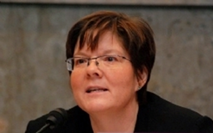
Katherine Hayes, J.D.
Associate Research Professor, Department of Health Policy, George Washington University of Public, Health and Health Services, School of Public Health and Health Services

Aurelia Jones-Taylor, MBA
Chief Executive Officer, Aaron E. Henry Community Health Services Center, Inc., Clarksdale, MS
Session Summary:
A new policy research brief by the Geiger Gibson/RCHN Community Health Foundation Research Collaborative, titled “How the Supreme Court’s Medicaid Decision May Affect Health Centers: An Early Estimate,” confirms an earlier finding that if fully implemented by the states, the Medicaid expansion will enable community health center capacity to nearly double, and reach approximately 19.8 million new patients. Conversely, without a full Medicaid expansion, the authors find capacity to serve additional patients would be reduced by nearly 27 percent, a 5.3 million decrease in new patients served.Our panel, including the lead authors of the report, will discuss the policy environment and context, present the analysis and report findings, and discuss implications for Community Health Centers and the patients and communities they serve.
Click Here to View
Health Information Technology Adoption and Meaningful Use Readiness: Survey Findings and CHC Experience
Presenters:
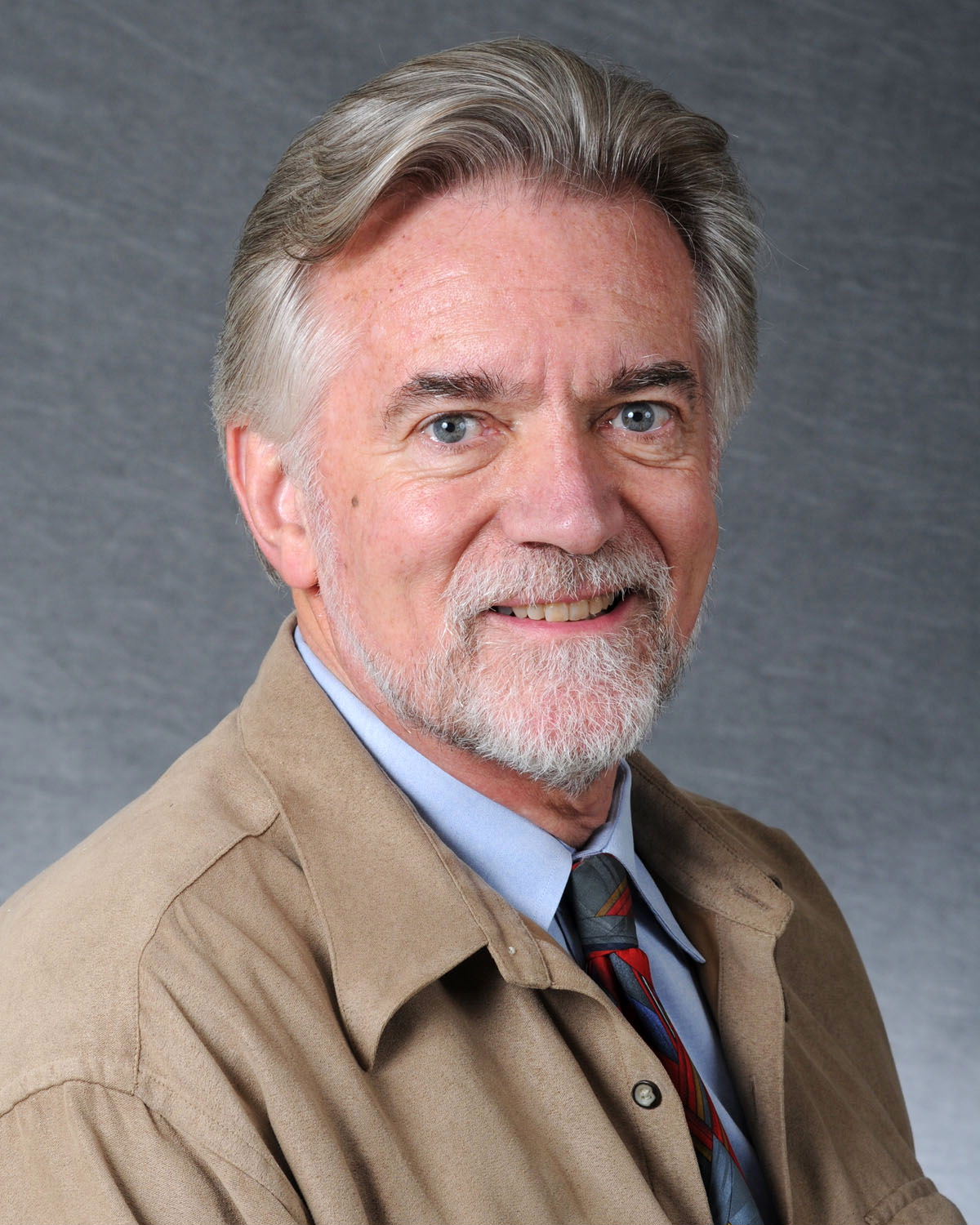
Merle Cunningham, MD, MPH
Lead author,“Results from the 2010-11 Readiness for Meaningful Use of HIT and Patient Centered Medical Home Recognition Survey”Geiger Gibson/ RCHN Community Health Foundation Research Collaborative, Report # 27 (November 3, 2011).”
Visiting Associate Professor and Director of the Graduate Certificate Program in Community Health Center (CHC) ManagementDepartment of Health Services Management & Leadership, George Washington University School of Public Health and Health Services.
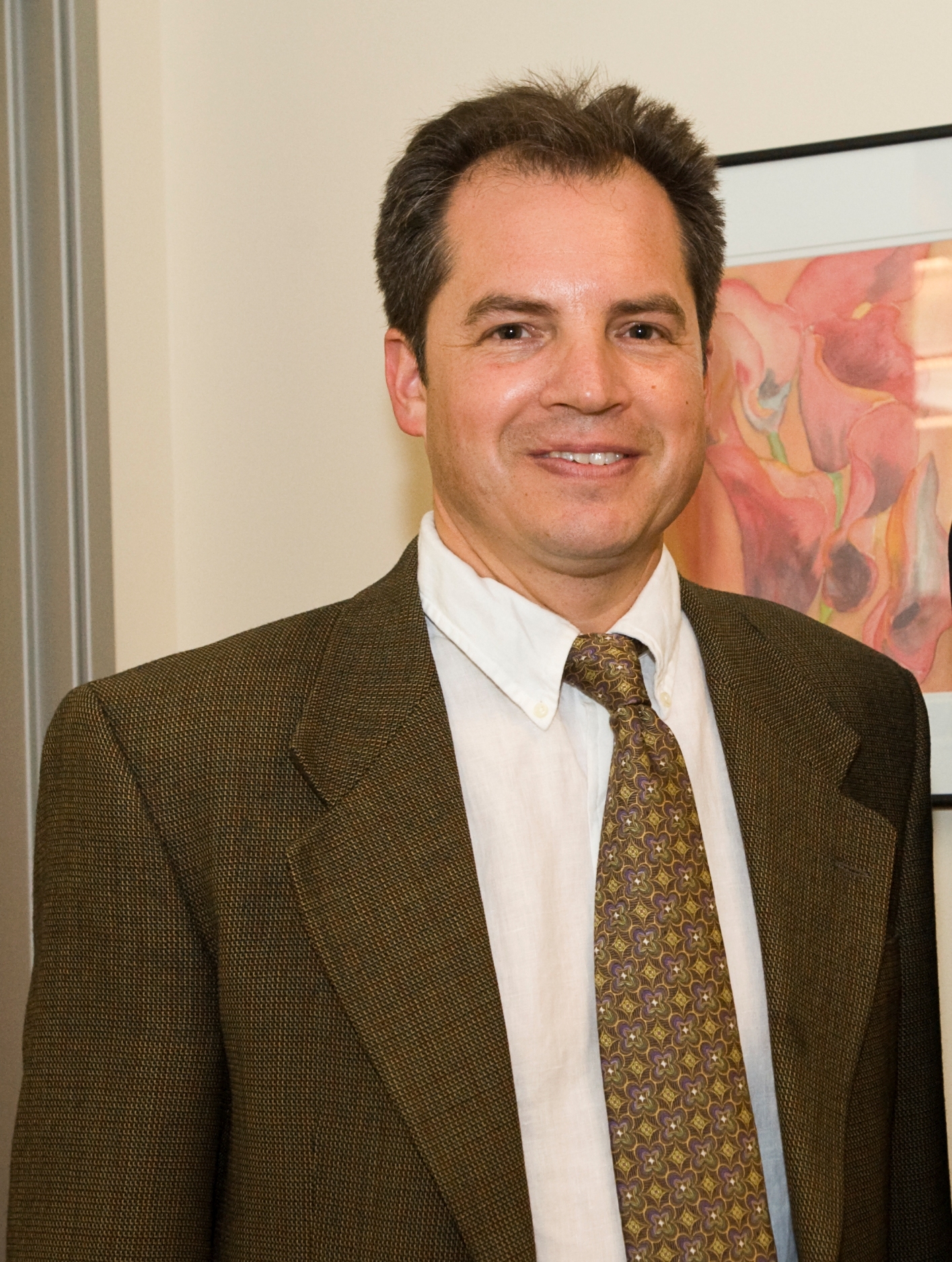
Gil M. Muñoz, MPA
Chief Executive Officer, Virginia Garcia Memorial Health Center (Cornelius, OR)
C. John Torontow MD, MPH
Associate Medical Director for Medical Informatics, Piedmont Health Services, Inc., (North Carolina), Lead Provider, Piedmont’s Siler City Community Health Center.
Session Summary:
Health information technology holds the promise of helping us to improve the quality and efficiency of care. This webinar will focuson a recent report from the Geiger Gibson RCHN Community Health Foundation Research Collaborative,“Results from the 2010-11 Readiness for Meaningful Use of HIT and Patient Centered Medical Home Recognition Survey(November 3, 2011).” Derived from a nationwide survey of health centers, the data provide unique insight into the status of electronic health record (EHR) and health information technology adoption among community health centers. Among the findings are that 69 percent of health centers have already adopted EHRs, with 45 percent of them being fully electronic at all sites. While survey findings show that adoption of HIT has been embraced as a health center priority, cost and staffing challenges remain to be addressed to support full implementation of HIT, clinical practice development, and recognition of health centers as medical home. The key report findings will be presented by Dr. Merle Cunningham, lead author of the chartbook. He will be joined by discussants Dr. John Torontow ( Piedmont Health Services, Inc., NC) and Mr. Gil M. Muñoz (Virginia Garcia Memorial Health Center, OR) who will address the experiences of their health centers in achieving the adoption and meaningful use of HIT.
Original Air Date: Monday, December 12, 2011
Click Here to View
Understanding the Impact and Consequences of Health Center (De) Funding
Presenters:

Peter Shin, Ph.D., MPH
Associate Professor, Sample Director, Geiger Gibson Program (GGP) in Community Health Policy, RCHN, CHF Collaborative Research Director, Department of Health Policy, George Washington University of Public Health and Health Services
Presenters:

Katherine Hayes, J.D.
Associate Research Professor, Department of Health Policy, George Washington University of Public, Health and Health Services, School of Public Health and Health Services
Session Summary:
A new policy research brief titled “The Health Care Access and Cost Consequences of Reducing Health Center Funding,” by the Geiger Gibson/RCHN Community Health Foundation Research Collaborative, evaluates the consequences of proposed health center funding cuts for access and cost savings. Given their locations and emphasis on comprehensive patient-centered health care, community health centers have had a documented positive impact on outcomes, while also reducing costs. Without access to health center services, millions of patients with ongoing health needs are likely to forgo or delay care, and ultimately seek care in more costly settings. The authors estimate that the $1.3 billion reduction for FY 2011 proposed in the House bill would result in a loss of approximately $15 billion in cost savings. Although the spending bill was rejected by the U.S. Senate, final funding measures for health centers are yet to be determined.Our panel will discuss the impact of potential funding reductions to community health centers and the patients and communities they serve, and also review findings from the recent report “Who Are the Health Center Patients Who Risk Losing Care Under the House of Representatives’ Proposed FY 2011 Spending Reductions?,” the federal budget debate and prospects for funding reductions in the coming years, and ongoing research on the challenges facing CHCs and underserved communities.
Click Here to View
The Affordable Care Act, Medical Homes and Childhood Asthma: A Key Opportunity For Progress

Floyd J. Malveaux, MD, PhD
Executive Director, Merck Childhood Asthma Network, Inc. (MCAN), Emeritus Dean, Howard University, College of Medicine, Professor of Microbiology and Medicine

Anne Rossier Markus, JD, PhD, MHS
Associate Professor, Director Child Health Policy Program, Department of Health Policy, Assistant Dean for Academic Affairs, George Washington University, School of Public Health and Health Services

David M. Stevens, MD
Director of the Quality Center and Associate Medical Director, National Association of Community Health Centers (NACHC), Research Professor, Department of Health Policy, George Washington University School of Public Health and Health Services
Session Goals:
Evidence has been mounting that the medical home model provides a unique opportunity to dramatically improve patient care, particularly for special populations, like children with complex, chronic diseases who may need support in managing their condition. The Patient Protection and Affordable Care Act ( PPACA) for the first time establishes the patient centered medical home as a matter of policy and promotes reforms to support the creation of medical homes for patients with chronic illnesses, including asthma. A recent policy brief by researchers at George Washington University titled”The Affordable Care Act, Medical Homes and Childhood Asthma: A Key Opportunity for Progress,”supported by the RCHN Community Health Foundation and Merck Childhood Asthma Network (MCAN), focuses on how the medical home model facilitates comprehensive, patient-centered care by fostering partnerships among and between patients and their providers including pediatricians and other primary care clinicians , specialists and emergency and other service providers. This report reviews the PPACA provisions that advance the medical home concept in public and private health insurance and recommends ways to fully utilize the medical home to advance high quality treatment and effective asthma management. The report also highlights the potential role of community health centers (CHCs), one of the providers PPACA designates as a health home, in treating children with asthma. Community health centers, which play a significant role in pediatric asthma care today and will be expanded through direct investment under the Affordable Care Act, could be the front door to better disease management and provides multiple opportunities to improve outcomes for the millions of children living with asthma.
Click Here to View
Medical-Legal Partnerships: Addressing the Unmet Legal Needs of Health Center Patients
Presenters:

Peter Shin, Ph.D., MPH
Associate Professor, Sample Director, Geiger Gibson Program (GGP) in Community Health Policy, RCHN, CHF Collaborative Research Director, Department of Health Policy, George Washington University of Public Health and Health Services

Ellen Lawton, J.D.
Executive Director National Center for Medical-Legal Partnership

Marsha Griffin, MD
Co-founder Community for Children, Pediatric Medicine Physician Brownsville Community Health Center
Session Goals:
Dr. Peter Shin, lead author of a recent Geiger Gibson/ RCHN Community Health Foundation Research Collaborative report, and Ellen Lawton, Esq., Executive Director of the National Center for Medical-Legal Partnership and leader in the MLP field, will examine the role of medical-legal partnerships (MLPs) as catalysts for improving the overall health of low-income and vulnerable patients by addressing their legal needs. Joining them will be Dr. Marsha Griffin, Co-Founder of Community for Children and a pediatrician at the Brownsville Community Health Center, a multi-site migrant and community health center in Brownsville, Texas. Community health centers’ comprehensive approach to health care and high proportion of low-income patients make them an excellent entry point for access to essential legal services, and health center MLPs can also benefit the viability of the centers.
Click Here to View
Strengthening Primary Care to Bend the Cost Curve: The Expansion of Community Health Centers Through Health Reform
Presenters:

Leighton Ku, Ph.D., MPH
Professor and Director Center for Health Policy Research in the Department of Health Policy, GW School of Public Health and Health Services

Daniel Hawkins
Senior Vice President for Public Policy and Research
National Association of Community Health Centers
Session Goals:
This session will discuss the new health reform changes and impact on community health centers. This report analyzes the ways in which expansion of the health center program under health reform will make a major contribution toward bolstering the capacity of the nation’s primary care system and reducing the long term growth in health care costs. The study indicates that the $11 billion in additional federal grants for community health centers will 1) increase the number of patients receiving primary care at CHCs by at least 18 million by the end of the decade, effectively doubling the number of people served and 2) reduce total national medical costs by more than $180 billion over the next ten years. If CHCs receive additional funding through appropriations in future years, medical costs could be reduced by up to $300 billion over the next ten years.
Click Here to View
Health Care Reform and Primary Care – The Growing Importance of the Community Health Center

Presenters:
H. Jack Geiger, MD, MSc
Medical Professor Emeritus Community Health and Social Medicine, Sophie Davis School of Biomedical Education, The City College of New York
Presenter:

Sara Rosenbaum, J.D.
Harold and Jane Hirsh Professor
Department of Health Policy
George Washington University
School of Public Health and Health Services
Session Goals:
Dr. Geiger will discuss his recent co-authored New England Journal of Medicine article(N Engl J Med 2010; published atwww.nejm.orgon Apr 28, 2010 see link to issue) exploring health care reform and the extensive role that Community Health Centers (CHCs) will play in reform.
